Effective time management is crucial for business travelers to maximize productivity and balance work commitments with personal well-being during trips. Start by planning your itinerary meticulously, including scheduling meetings, travel time, and downtime for rest or leisure activities. Utilize digital tools such as calendar apps or project management software to organize and track your schedule, ensuring you stay on top of deadlines and commitments. Prioritize tasks based on urgency and importance, focusing on critical objectives that align with your business goals. Allocate dedicated blocks of time for focused work sessions, minimizing distractions and optimizing productivity. Use travel time efficiently by reviewing documents, preparing for meetings, or catching up on emails, turning transit periods into productive work sessions. Delegate tasks where possible to colleagues or team members, empowering them to handle responsibilities in your absence and ensuring continuity in operations.

Clearly communicate expectations and provide necessary resources or guidelines to facilitate seamless delegation. Maintain open communication with clients, colleagues, and stakeholders regarding your availability and schedule adjustments due to travel. Set realistic expectations for response times and deliverables, and leverage technology such as automated email responses or out-of-office notifications to manage expectations proactively. Optimize logistics by choosing accommodations close to meeting venues or business hubs to minimize travel time and maximize efficiency. Research local transportation options, such as rideshare services or public transit, to navigate the city quickly and cost-effectively. Implement timesaving strategies such as batch processing similar tasks, such as expense reports or document approvals, to streamline workflows and reduce administrative overhead. Effective time management not only supports successful business outcomes but also contributes to a positive travel experience and long-term career satisfaction.
Additionally, massages contribute to a positive company culture that values employee well-being and click to find out more modoohome.com. By prioritizing the health and happiness of executives through massage services, companies demonstrate a commitment to fostering a supportive and inclusive workplace environment. This commitment resonates with clients and business partners, who view the organization as socially responsible and attentive to the needs of its employees. This includes prioritizing sleep, staying hydrated, and eating nutritious meals to sustain energy levels and mental clarity. Incorporate breaks and leisure activities into your schedule to prevent burnout and maintain a healthy work-life balance. By implementing this time management strategies, business travelers can optimize their productivity, maintain professional effectiveness, and enhance overall well-being during their trips.
